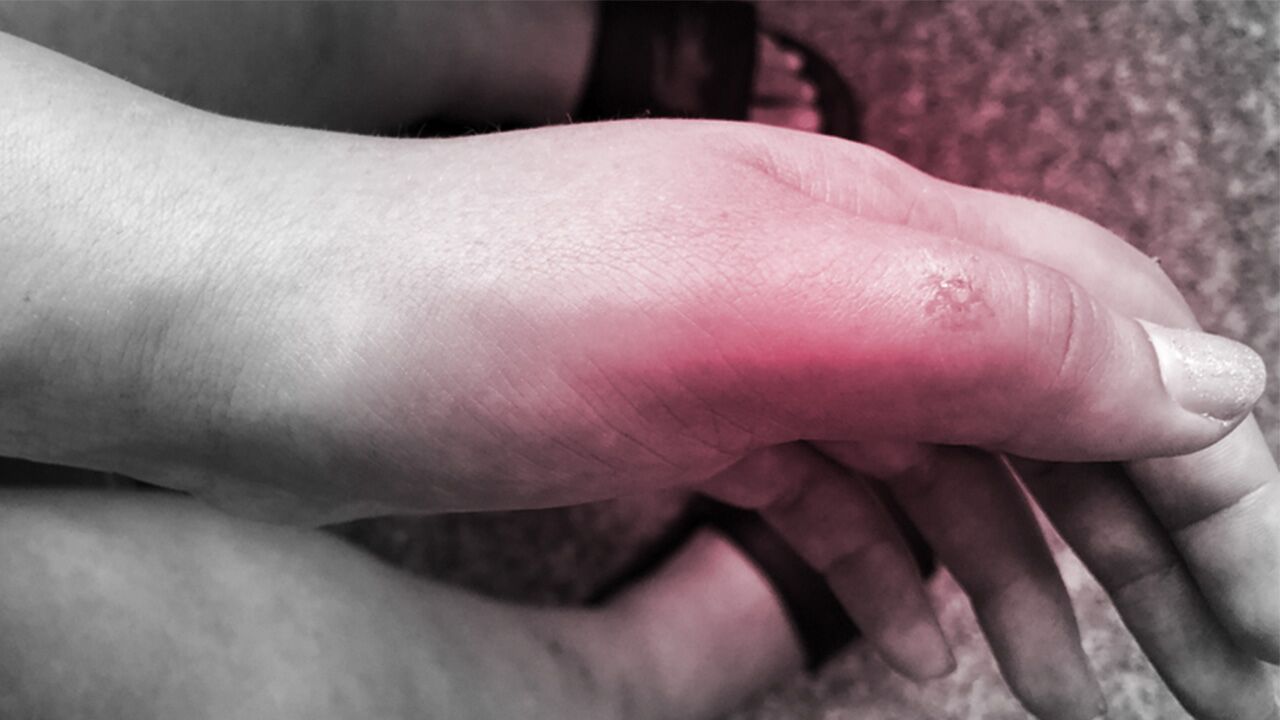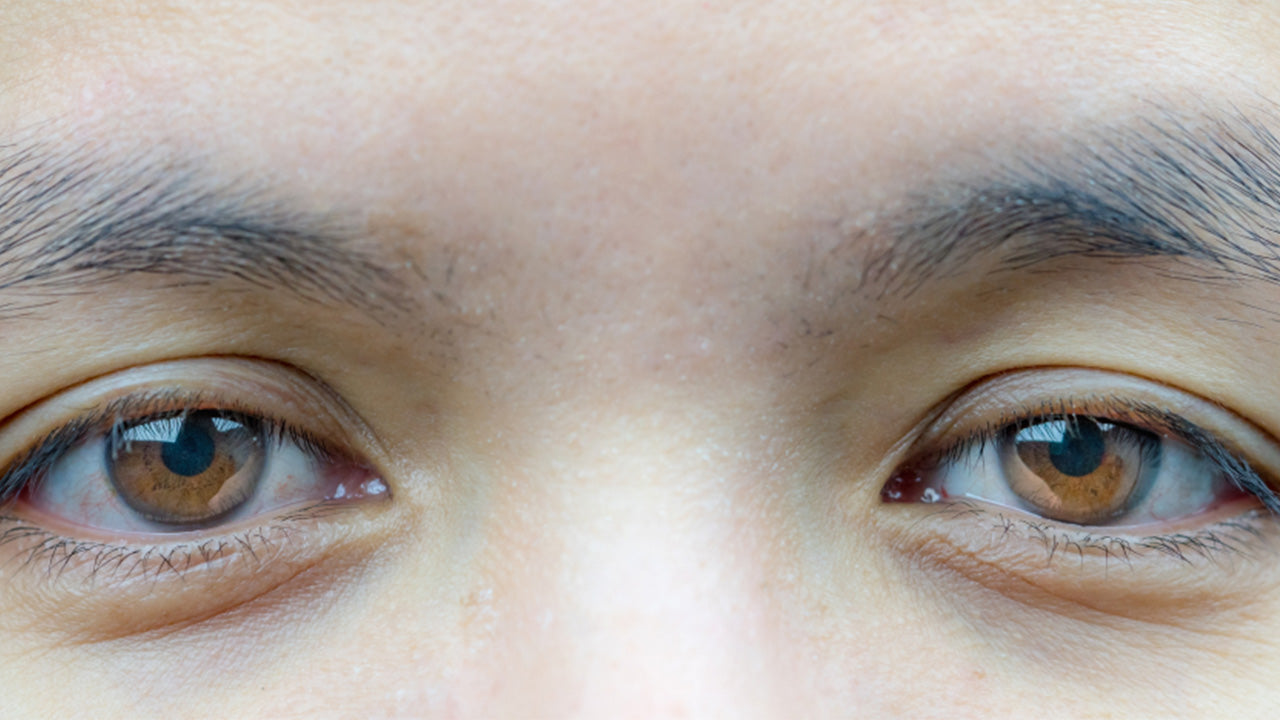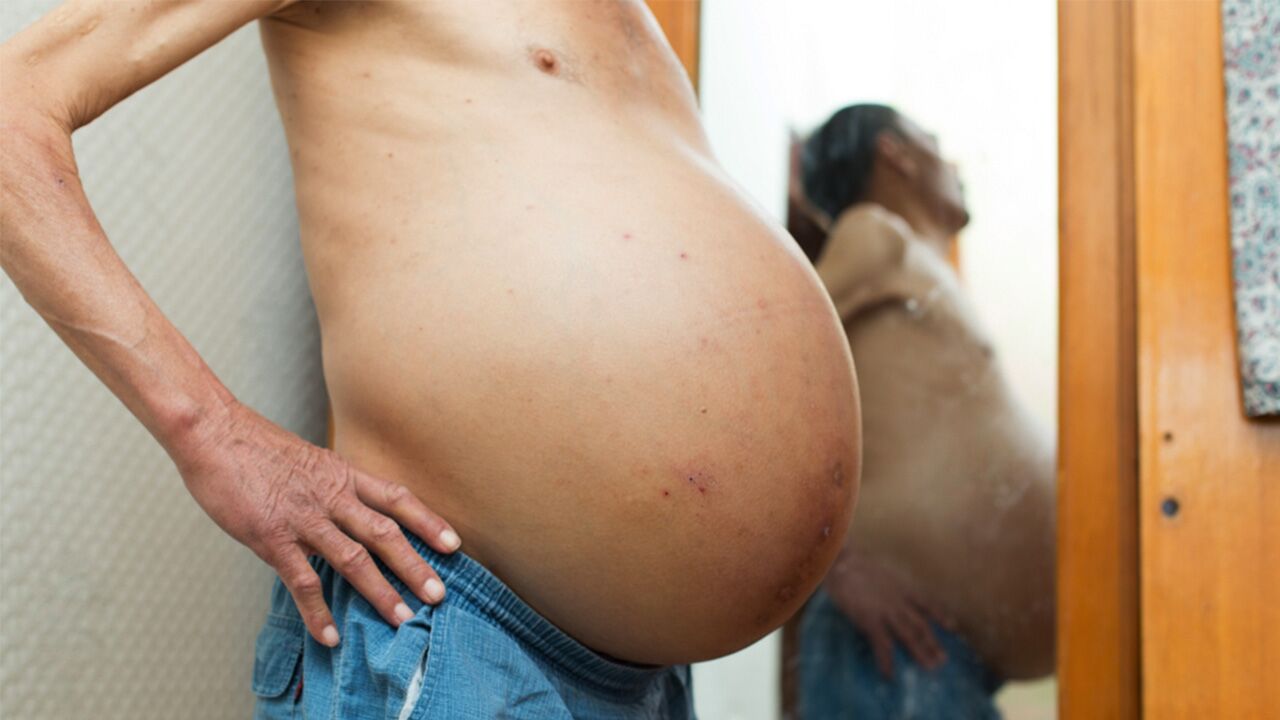What Is Lymphangitis: Causes, Symptoms, Treatment
 By: by Amino Science
By: by Amino Science

With a network of vessels, ducts, and organs throughout your body, your lymphatic system is a very important player in immune health. Lymphangitis occurs when this system becomes inflamed, most often from an infection. Because of the lymphatic system’s vast internal connections, an infection can spread in a short amount of time and lead to more serious issues. Here is a look at what causes lymphangitis, what symptoms to watch for, and how to treat the infection conventionally or with natural methods.
A Closer Look at Your Lymphatic System
Your lymphatic system is made up of organs and tissues that help protect your body from infection by clearing it of bacteria, toxins, and waste. Here are the major players of the lymphatic system and their functions.
- Lymphatic vessels: Every day your cardiovascular system releases nearly 2 liters of fluid into your body tissues. This fluid is filled with infection-fighting white blood cells and is cleared from your tissues and delivered to your lymph nodes via your lymphatic vessels.
- Lymph nodes: Your lymph nodes filter harmful materials out of lymph and create needed white blood cells to further fight infection and support a healthy immune system. You may have felt your lymph nodes (there are 600-700 of them throughout your body), particularly when you are sick. If you were fighting a cold and sore throat, the lymph nodes on either side of your neck may have been swollen and tender.
- Tonsils: Once thought to be an unnecessary holdover from the Paleolithic days, your tonsils are actually your immune system's first line of defense. They produce antibodies and lymphocytes, which are a type of white blood cell, to protect against inhaled and ingested bacteria, viruses, and other foreign elements.
- Spleen: As lymphoid tissue, your spleen is responsible for generating white blood cells that fight infection and filtering the blood of infectious contaminants. The spleen also regulates how many red blood cells and how much blood is stored in the body at any given time.
- Thymus gland: Resting just above the heart, this lymphatic and endocrine gland houses lymphocytes that haven't fully matured and gets them ready for battle—they will eventually become T cells that help destroy cancerous and infected cells.
- Bone marrow: B cell lymphocytes mature in the bone marrow, and bone marrow is the primary location for new blood cell formation.
What Is Lymphangitis?
When bacteria or viruses infect your lymphatic system and you are unable to clear them properly, the walls of your lymph vessels may become inflamed, a condition called lymphangitis. If you seek treatment immediately, you can knock lymphangitis out quickly and prevent further complications from developing. If you do not act in a timely manner, however, several issues can arise, putting your health at risk.
What Causes Lymphangitis?
Lymphangitis is caused by various factors, but it occurs when pathogens enter the body through the lymphatic channels and the immune system cannot fight them off. Streptococcus pyogenes (group A strep) and Staphylococcus bacteria are common causes, gaining access to the body through a cut, bite, or other wound.
If you suffer from an existing skin infection, the bacteria can also enter your system, getting into your blood and causing your lymph vessels to become inflamed. For instance, if you have chickenpox, bacteria can enter through the rash or blisters. Nonbacterial causes like fungal infections such as from the fungus Sporothrix schenckii and spider and insect bites can also bring on lymphangitis.
You are at a higher risk for lymphangitis if you have a chronic condition that compromises your immune system and lowers your infection-fighting abilities. If you have Crohn’s disease, an autoimmune disease like rheumatoid arthritis, diabetes, or an immunodeficiency for other reasons, you may be more susceptible to developing lymphangitis.
Another risk factor to be cautious of is if you are bitten or scratched by a dog or cat. Cat scratches are particularly harmful because of the bacteria that may be present on the cat’s claw and transferred over to you.
Different forms of cancer can also cause lymphangitis. Cancerous tissues or tumors in your prostate, lungs, breasts, stomach, pancreas, or other areas can then spread into your lymphatic system, leading to lymphangitis.
Lymphangitis Symptoms
Usually the first sign of lymphangitis are red streaks on the surface of your skin, around the area of infection (for instance, the bite or wound). Lymphangitic streaking may spread out toward a nearby lymph node causing the area to feel tender and sore.
Other symptoms of lymphangitis include:
- Muscle aches
- Fever
- Chills
- Swollen or tender lymph nodes
- Headache
- Loss of appetite
- General ill feeling
Potential Complications
Lymphangitis has the potential to spread quickly, within a matter of hours, so it is important if you are experiencing any of the related symptoms to see a doctor immediately. If lymphangitis is not brought under control, it can lead to other issues, including a skin infection known as cellulitis or a pus-filled abscess. The most serious complication you want to avoid is the infection spreading into your bloodstream and leading to sepsis, which can become life-threatening rapidly.

How Is Lymphangitis Diagnosed?
Since the signs and symptoms of lymphangitis are often visible, a physical exam can be very helpful in diagnosing this condition and the specific cause of lymphangitis. Your health care provider will examine your lymph nodes carefully, looking for swelling, soreness, and streaking. You will discuss any symptoms you are experiencing and if you were injured or bitten in the recent past. Blood cultures can be helpful in identifying if bacteria is to blame, such as a streptococcal infection, and ensuring the infection has not spread into the bloodstream. Further tests may include a biopsy or draining the area if an abscess has formed.
Conventional Treatment of Lymphangitis
If you are diagnosed with lymphangitis, treatment will begin as soon as possible to avoid further complications. Administering antibiotics by mouth or an IV is typically the course of action if a bacterial infection is the source of lymphangitis. Anti-inflammatory medication and pain medicine may be prescribed to help reduce swelling and discomfort. You may also find relief by applying a warm compress to the area until the infection is cleared.
If an abscess has formed over a lymph node, your doctor may want to drain it of its fluid to clear the infection and speed healing. If antibiotics are prescribed, be sure to take them as scheduled, get proper rest, and follow all doctor’s orders. With treatment, lymphangitis typically clears within a few weeks and you will recover fully, but the swelling may take a little longer to disappear as the body returns to normal levels.
Natural Treatment of Lymphangitis
If you’ve begun your treatment plan prescribed by your doctor but also want to incorporate natural treatments into your routine for extra healing and soothing powers, there are several options you can try. As mentioned above, a compress made from a soaked washcloth in warm water and applied to the area can soothe pain and help reduce inflammation. You can also elevate the area if possible to help reduce swelling.
Pay attention to your diet and fill your plate with anti-inflammatory foods like broccoli, ginger, pineapple, blueberries, tomatoes, salmon, almonds, and spinach. Green tea is packed full of helpful antioxidants and can give a boost to your immune system. This is the time to cut out processed foods, alcohol, high-sugar foods, caffeine, dairy, fast food, and processed meat. You are what you eat, and these items can lower your body’s immune-fighting powers and worsen the inflammation occurring in your body.
Amino Acids
Vitamins and minerals are important to support a healthy immune system and can be found in a well-balanced diet and through supplementation. Amino acid supplements specifically can strengthen your immune system. The amino acid arginine helps give your immune system a leg-up when it’s being challenged fighting off an infectious disease like lymphangitis. Glutamine is the main energy source for the immune system and we need a lot of this when battling an infection or illness.
Taurine, another type of amino acid, protects cell membranes and is critical for our immune defenses. It protects our immune cells from being destroyed as they fight off germs. Without enough taurine, these immune cells will not function normally and a weak immune system results. You can supplement your diet with an amino acid formula that contains a healthy balance of essential amino acids to help strengthen your immune system and enhance healing in times of need.
Oregano Oil
A study found that applying oregano extract ointment to an infected area reduced bacteria and encouraged healing. Oregano oil is known in the holistic world for its antibacterial and disinfecting abilities and is often used on skin wounds. The oil is also useful in reducing inflammation and irritation. You can apply diluted oregano oil to the red area of your skin. You can also mix oregano oil into water and drink every day while lymphangitis persists.
Garlic
Thanks to allicin, the active compound in garlic, this bulb totes bacteria and virus-fighting abilities both internally and externally. It can also calm inflammation, and its sulfur compounds help kick your immune system into high gear to fight the infection effectively. A study showed raw garlic’s antibacterial abilities in fighting bacteria like Staphylococcus aureus.
You can incorporate garlic into your diet by using cloves in your cooking. To create garlic oil to apply to your skin, mix crushed garlic cloves and sauté them in a pan of coconut oil. After cooling, strain the garlic pieces out and apply the oil to your infected area.
If you do not experience any complications or serious issues, you should fully recover from lymphangitis. If you have swelling and pain in certain areas, it may take a little time to subside as your immune system gets back to full strength and inflammation is reduced. Again, the sooner you receive treatment, the better your prognosis will be and you will greatly reduce the potential for long-term effects.

Up to 25% off Amino
Shop NowTAGS: conditions
Join the Community
Comments (0)
Most Craveable Recipes




 833-264-6620
833-264-6620



















